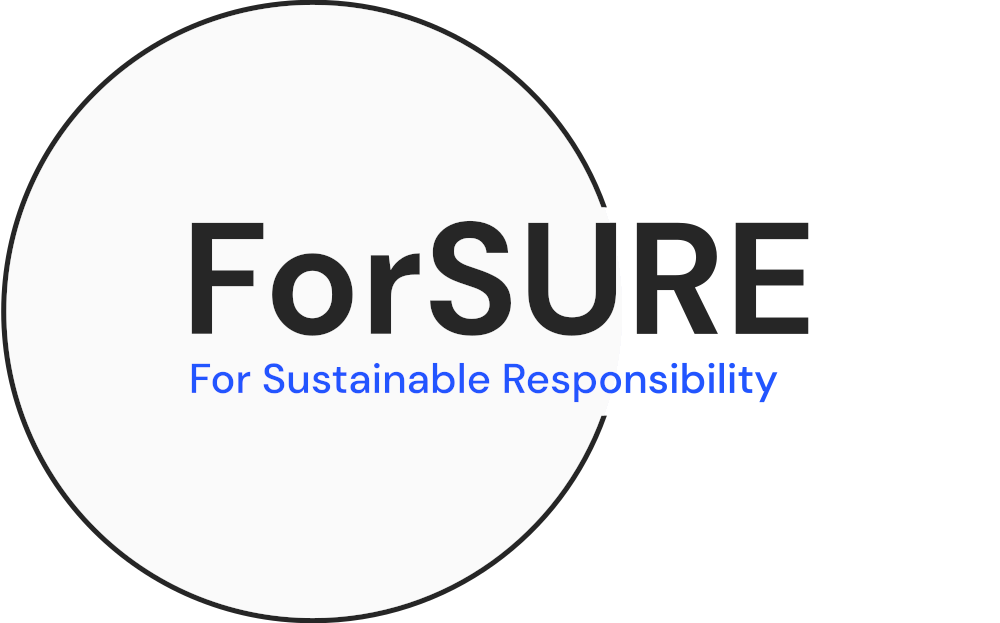Embracing sustainability is no longer an option but a necessity in today's textile industry. At the heart of this eco-conscious shift lies the principle of Extended Producer Responsibility (EPR). This environmental policy initiative is gaining ground across Europe. Sweden, along with other pioneering nations, isn't merely keeping pace but is instead forging ahead with its implementation of EPR for textiles. In this post, we'll delve into the specifics of the Extended Producer Responsibility textile in Sweden, its implications for the textile industry, and how it compares to EPR regulations in other countries.
EPR and Its Transformative Role in the Textile Industry
Extended Producer Responsibility (EPR) is an environmental policy that places the responsibility on manufacturers to manage the lifecycle of their products. This policy approach is designed to promote the integration of environmental costs associated with goods throughout their life cycles into the market price of the products. In the textile industry, EPR encourages manufacturers to design products with end-of-life disposal in mind, promoting a more sustainable industry.
Sweden's EPR Legislation for Textiles: A Closer Look
In Sweden, EPR for textiles was introduced to promote sustainable textiles and textile waste management. The legislation, which is set to be enforced from January 1, 2024, has significant implications for the textile industry. It requires producers to take responsibility for collecting and managing textile waste, thereby promoting recycling and reducing the environmental impact of textile waste. Companies like ForSURE provide digital solutions to help businesses navigate these new regulations and maintain compliance with the Extended Producer Responsibility textile in Sweden.
Implications for the Textile Industry
The EPR legislation presents both challenges and opportunities for the textile industry in Sweden. On one hand, manufacturers are faced with the task of redesigning their products and processes to align with the new regulations. On the other hand, the legislation opens up opportunities for innovation and the development of more sustainable business models.
EPR for Textiles: A Global Perspective
Sweden is blazing a trail with its EPR legislation for textiles, but it's not an isolated case. Other countries too are delving into comparable regulations, indicative of a widespread European shift towards sustainable textile production and waste management.
As we move towards a more sustainable future, EPR is set to play an increasingly important role in the textile industry. With the enforcement of the Extended Producer Responsibility textile in Sweden, we can expect to see significant changes in the way textiles are produced and managed.
For more information on EPR and its impact on the textile industry, check out this resource from the Textile Exchange, a non-profit organization that provides credible organic standards for textiles.
In conclusion, the introduction of EPR for textiles in Sweden marks a significant step towards a more sustainable textile industry. As we continue to navigate this new era, digital solutions like ForSURE will be crucial in helping businesses adapt and thrive. The dawn of EPR in Sweden's textile industry is not just a local phenomenon, but a part of a global shift towards sustainability. It's a journey that we are all part of, and one that will shape the future of textiles for years to come.




